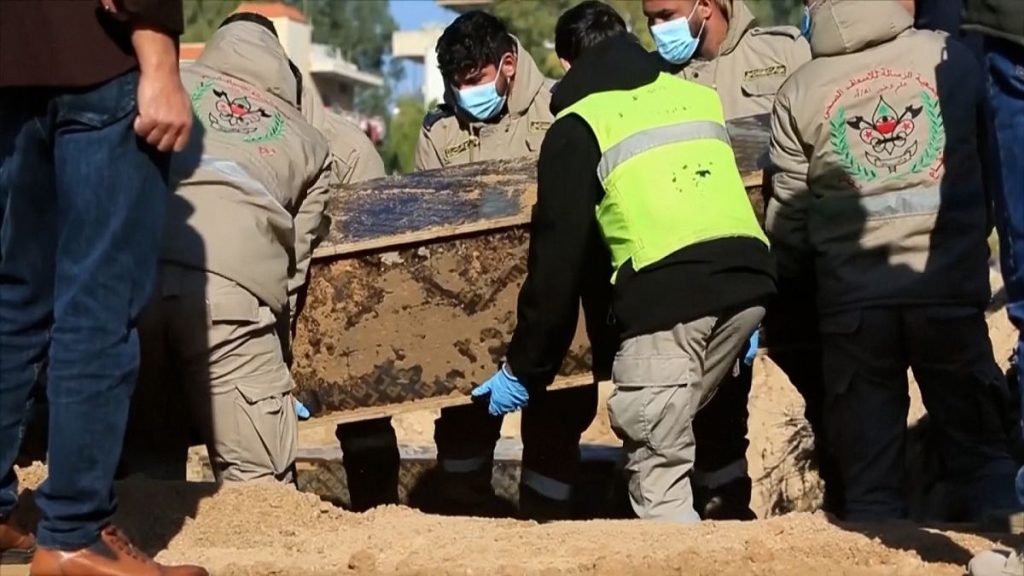In Lebanon, recent exhumations of war victims have garnered significant attention as families prepare for funerals in their hometowns. This process has been a poignant reminder of the atrocities committed during Lebanon’s civil war, which lasted from 1975 to 1990. Over the years, many families have endured the pain of unresolved grief, having lost loved ones whose remains were never returned to them. The exhumation efforts are part of a broader movement to address the historical injustices and provide closure to families affected by the long-standing conflict.
The exhumation processes often involve meticulous work to identify the remains of individuals buried in unmarked graves. This task is fraught with challenges, including the degradation of bodies over time and the historical neglect of proper documentation. Forensic teams, often composed of local and international experts, work diligently to ensure that the exhumed remains can be identified accurately through DNA testing and other scientific methods. This has been a critical step towards not only identifying the victims but also ensuring that they can be laid to rest with dignity in their respective hometowns.
Once the remains are identified, families are given the opportunity to hold funerals, marking a significant moment in their grieving process. These funerals serve not only as a way to honor the deceased but also as a means for communities to come together in remembrance and healing. Many families express a profound sense of relief that they can finally bid farewell to their loved ones after years of waiting and uncertainty. The emotional weight of these ceremonies is immense, as they echo the collective trauma of the civil war, bringing to light the personal stories behind each victim.
The broader implications of these exhumations extend beyond individual families; they highlight the need for a national reckoning with Lebanon’s turbulent past. Many advocates and organizations are calling for a more extensive effort to address missing persons and human rights violations from the civil war era. This includes pressing for official recognition of the suffering endured by victims and their families, as well as pushing for legal accountability for those responsible for war crimes. The act of exhuming and recognizing victims is seen as a vital step towards reconciliation and restoring trust within Lebanese society.
Despite the emotional challenges involved, many families are committed to seeing this process through. They view the exhumations and subsequent funerals as a way to confront the past and prevent future injustices. By sharing their stories and advocating for their loved ones, these families are contributing to a larger dialogue about memory, justice, and healing in a country still grappling with the scars of civil war. There is a growing realization among people that acknowledging the past is essential to building a more just and peaceful future.
In conclusion, the exhumation of war victims in Lebanon represents a significant step toward healing for affected families and communities. As remains are identified and returned for dignified burials, families can finally find closure, while the nation grapples with its history and the ongoing quest for justice and reconciliation. This process underscores the importance of historical memory and the necessity of confronting the past, paving the way for a more united and peaceful Lebanon. The stories of those lost in the conflict serve as a testament to the resilience of the human spirit, and the move towards acknowledging and understanding their legacy is an essential part of Lebanon’s journey toward a hopeful future.














